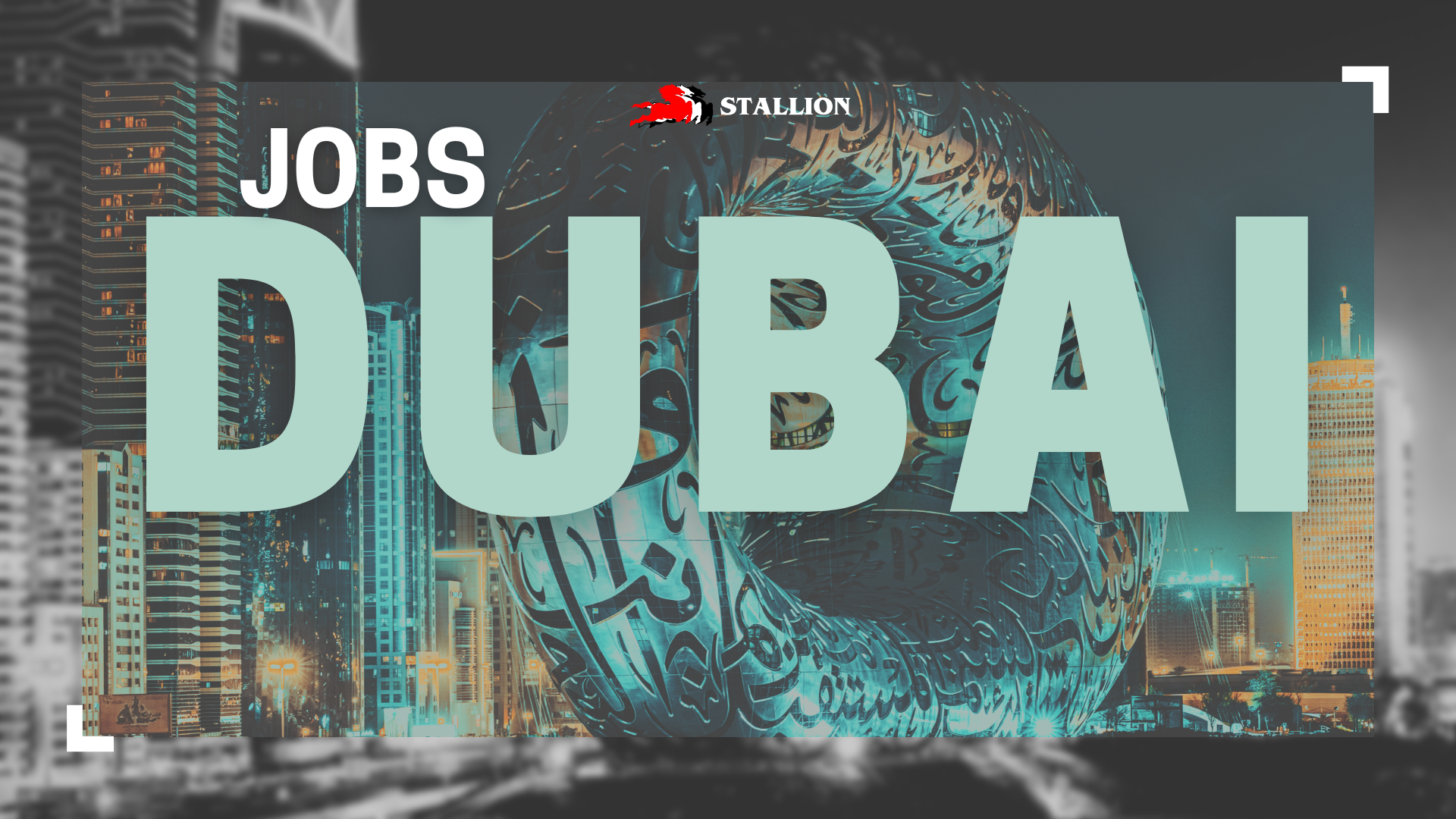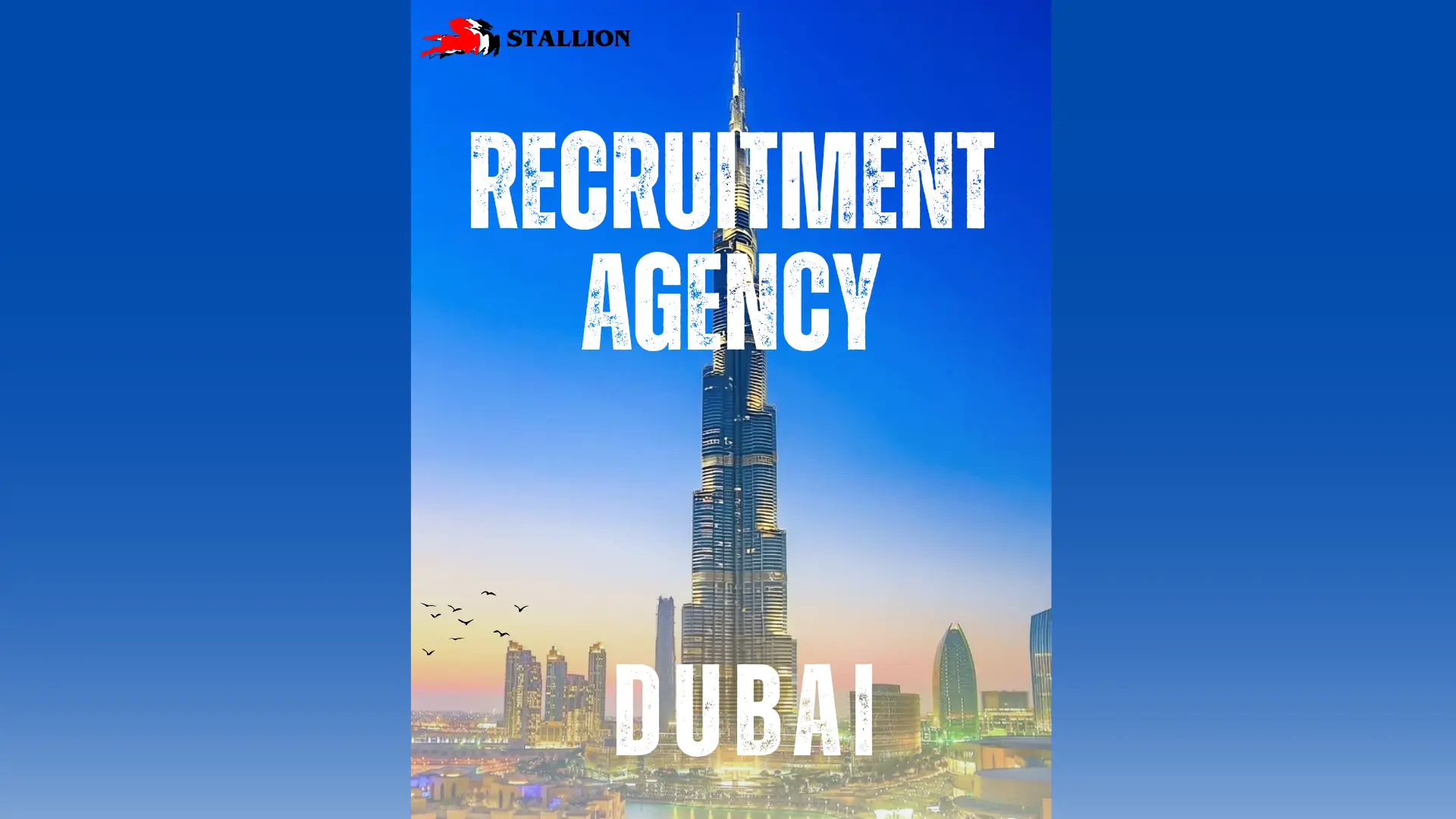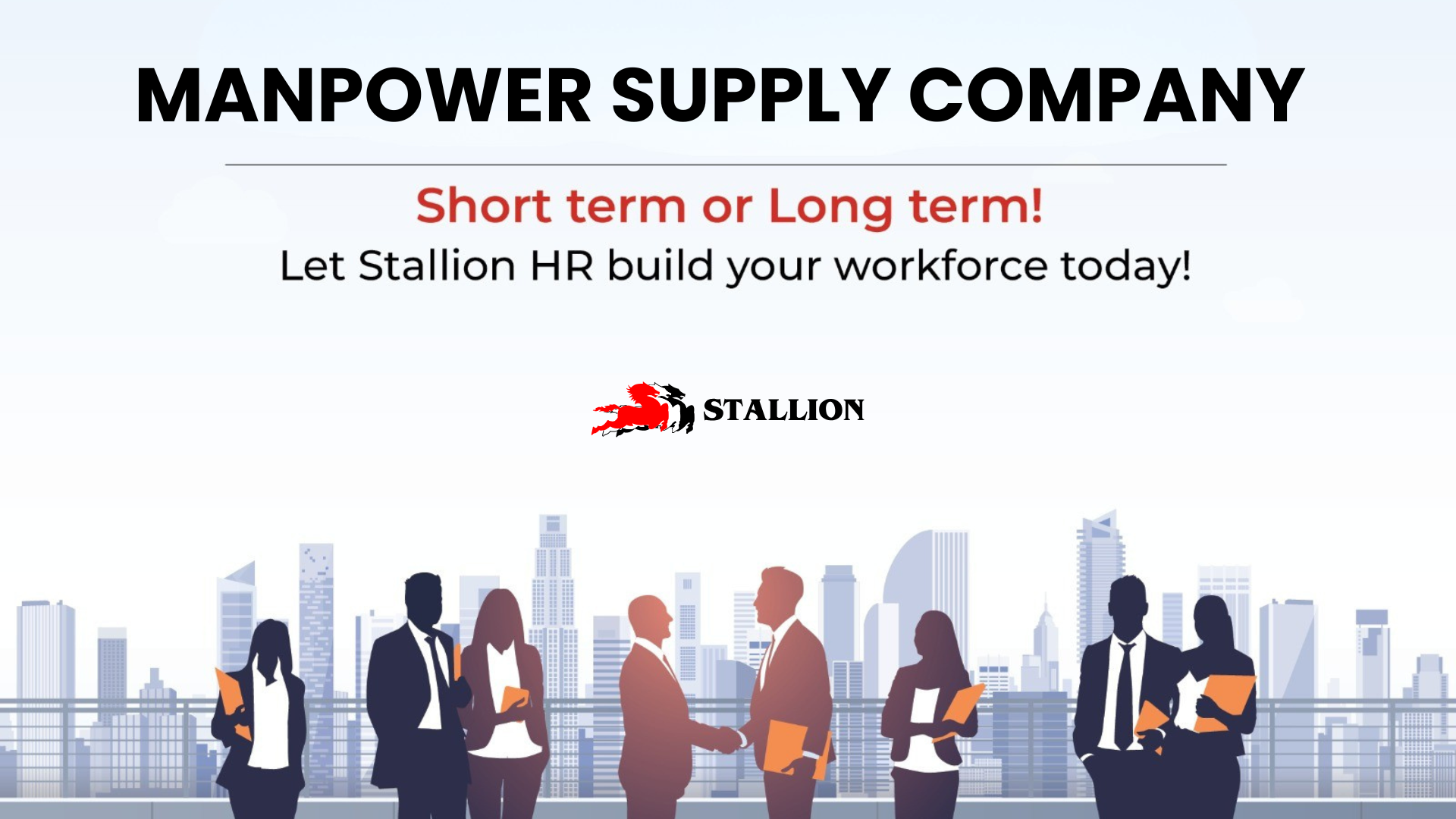Managing employee visas and payroll in the UAE is a critical responsibility for businesses. With dynamic labor laws, regulatory compliance requirements, and diverse employee profiles, companies must implement robust strategies for smooth operations. In this guide, we break down the essentials of UAE visa and payroll management for employers, providing insights on legal procedures, costs, documentation, and best practices to streamline HR functions in 2025 and beyond.
Whether you’re a startup, SME, or large corporation, understanding visa types, payroll structure, and compliance guidelines is vital for risk mitigation and operational efficiency.
Types of UAE Work Visas
To legally employ foreign nationals, companies in the UAE must sponsor and process their work visas. Below are the most common types:
- Employment Visa: Issued for individuals employed by a UAE-based company.
- Free Zone Visa: For workers in UAE free zones, processed through the specific free zone authority.
- Investor/Partner Visa: For business owners or shareholders.
Golden Visa: Long-term residence for highly skilled professionals, investors, and entrepreneurs.
Steps for Visa Processing in the UAE
Employers must follow a structured process to sponsor an employee:
- Quota Approval: Obtain approval from the Ministry of Human Resources & Emiratisation (MOHRE).
- Job Offer Letter: Issue and get acceptance from the employee.
- Work Permit Application: Submit via the Ministry of Human Resources and Emiratisation (MOHRE) or the Free Zone portal.
- Entry Permit: Allows the employee to enter the UAE.
- Medical Testing: Mandatory tests include a chest X-ray and a blood test.
- Emirates ID Registration: Required for all UAE residents.
- Visa Stamping: A Residency visa is stamped in the employee’s passport.
Visa Compliance and Employer Responsibilities
Non-compliance with visa rules can result in fines, visa cancellation, or labor bans. Key responsibilities for employers include:
- Renewing visas before expiration
- Maintaining accurate employee records
- Covering visa costs (as per labor law)
Reporting terminated employees to immigration
Understanding UAE Payroll Management
Payroll in the UAE must be processed in line with the UAE Labor Law and Wage Protection System (WPS). Elements of compliant payroll management include:
- Basic Salary
- Allowances (housing, transportation, etc.)
- Overtime Pay
- End-of-Service Benefits
- Gratuity Calculation
- Leaves and Absences
Wages must be paid in AED through a registered bank and reported to the WPS.
Payroll Challenges Employers Face
- WPS Compliance Issues
- Gratuity Miscalculations
- Currency Exchange Concerns
- Manual Errors in Payroll Processing
- Complexities with Multi-National Workforce
Working with specialized HR and payroll agencies helps mitigate these challenges and ensures accurate, timely salary disbursement.
Why Outsource Visa & Payroll Management?
Hiring a third-party HR solutions provider, such as Stallion HR Solutions, can ease the burden of managing payroll and visas. Benefits include:
- Reduced administrative workload
- Legal compliance assurance
- Cost savings in HR infrastructure
- Focus on core business operations
Tips for Efficient Payroll & Visa Operations
- Use cloud-based payroll software for automation
- Partner with a licensed PRO services provider
- Maintain an employee database with all visa and payroll records
- Stay updated with labor law changes
- Schedule timely visa renewals and payroll cycles
Strategic Integration of Visa & Payroll Management
To achieve maximum operational efficiency, businesses should integrate visa management with payroll systems. This includes:
- Implementing unified HR software that tracks both visa and payroll compliance
- Ensuring seamless communication between HR and finance departments
- Utilizing dashboards and alerts for visa expiry, payroll deadlines, and regulatory changes
Integrated systems reduce errors, enhance transparency, and help employers make data-driven decisions.
Conclusion
Visa and payroll management are integral to maintaining compliance and workforce satisfaction in the UAE. As labor regulations evolve and businesses grow, investing in reliable systems or partnering with experienced agencies like Stallion HR Solutions ensures seamless HR operations.
From obtaining work permits to managing monthly payroll through WPS, following best practices in 2025 will help employers remain competitive, compliant, and efficient.
Contact Us Today
📍 M05, Princess Cars Building, Sheikh Zayed Road, Dubai
📞 +971 04 342 0822
📧 info@stallion-intl.com
🌐 www.stallion-intl.com











